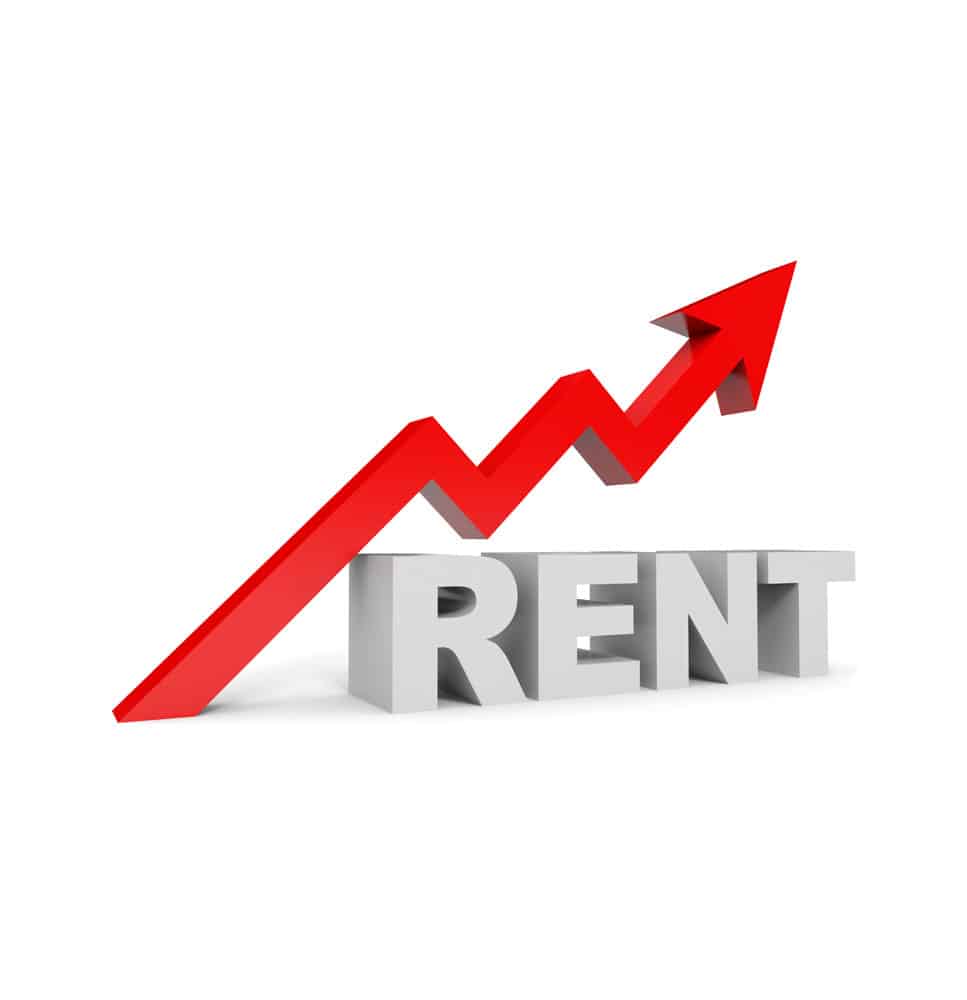Landlords Wanted 8% to Keep up With Inflation After Two-Year COVID Freeze on Rents

On June 27, the Westchester County Rent Guidelines Board approved a rent adjustment of 2% for one-year leases and 3% for two-year leases starting October 1, 2022 through September 30, 2023, with a final vote of 5-3. Although the new increases will avoid the rent freeze and near-freezes of the past two years, the rent adjustment does not keep up with the operating costs of rent-stabilized buildings that have dramatically increased due to inflation and the supply shortage caused by the COVID-19 pandemic.
Nationally, the inflation rate has risen to over 8%. Building materials are up 19.2% year over year according to the National Association of Home Builders, and 35.6% since March 2020. Since September, the cost of lumber shot up again by 60.4%. Labor costs and windows and doors are increasing on jobs across the county. In Westchester County, heating oil prices increased from 302 cents per gallon to 515.1 cents per gallon from April 2021 to April 2022, a 71% increase. The U.S. Energy Information Administration (EIA) estimated that on average there will be an increase of 3.9% in the price of electricity for U.S. households this summer. In Con Edison’s Westchester County territory, bills could jump 15%, the company says.
“Businesses everywhere are adjusting their prices to coincide with the inflation rates in order to continue staying viable. Why shouldn’t we be able to do the same?” Lisa DeRosa, President of the Building and Realty Institute (BRI) and White Plains landlord said. “How are we supposed to keep our businesses going if we can’t make the necessary investments and repairs in the properties that allow us to provide housing that is safe, secure, and dignified for our tenants? If we continue to receive improper increases in rent renewals, our buildings will suffer tremendously and so will our tenants.”
Along with rising operating costs, insurance premiums have doubled in the past few years and will continue to grow for the foreseeable future. As a result, property owners are finding it difficult to make any sort of return on renovations leading to more vacancies in an already depleted housing market. The passing of the statewide Housing Stability and Tenant Protection Act (HSTPA) in 2019 also placed many restrictions on how buildings can be improved or renovated.
“New York has some of the toughest rent regulations, and yet we still try to manage. We used to be able to cross subsidize jumps in cost through vacancy bonuses, through fully reimbursed Individual Apartment Improvements, for reasonable repayments related to Major Capital Improvements, or from some flexibility from market rate tenants or even commercial tenants helping to subsidize rent-stabilized units,” DeRosa said. “After the ruling of HSTPA, we can no longer do that. Then the COVID-19 pandemic hit, and we were faced with an eviction moratorium that left many small landlords with missing payments, a loss of income, and no one to help us.”
“We’re not faceless corporations, or fly-by-night investors, or people looking to make a quick buck. We have deep roots in these communities, we have deep connections with many of our tenants, and we’re dedicated to keeping our buildings in proper condition. We are all on the same side at the end of the day: we want safe and quality housing for everyone in our communities. But not providing us with a sufficient increase prevents us from supplying that – which will undoubtedly hurt our tenants as well.”
The Westchester Rent Guidelines Board announced that it will be scheduling a further public meeting to be held in September 2022 (specific date to be determined) to certify the rent guidelines for rent-stabilized leases commencing between October 1, 2022 and September 30, 2023. This formality will not change the percentage rent increases voted upon on Monday night.
The Building and Realty Institute of Westchester and the Mid-Hudson Region (BRI), based in Armonk, has more than 1,800 members in fourteen counties of New York State, including home builders, commercial builders, renovators, property managing agents, co-op and condo boards, and owners of multifamily apartment buildings in many communities, as well as suppliers and service providers with a special focus on real estate. The BRI’s mission is to improve the relationships among builders and real estate business owners to the mutual advantage of the industry. For additional information, please visit https://www.buildersinstitute.org
Rent for those living in 25,000 rent-stabilized apartments in Westchester County is about to increase.
The Westchester Rent Guidelines Board approved rent hikes during a meeting Monday night. Rent will go up 2% on 1-year leases and 3% on 2-year leases.
“We’re very disappointed in the rates that the rent guidelines board approved for us,” says Lisa Derosa, landlord of Derosa Builders, Inc.





